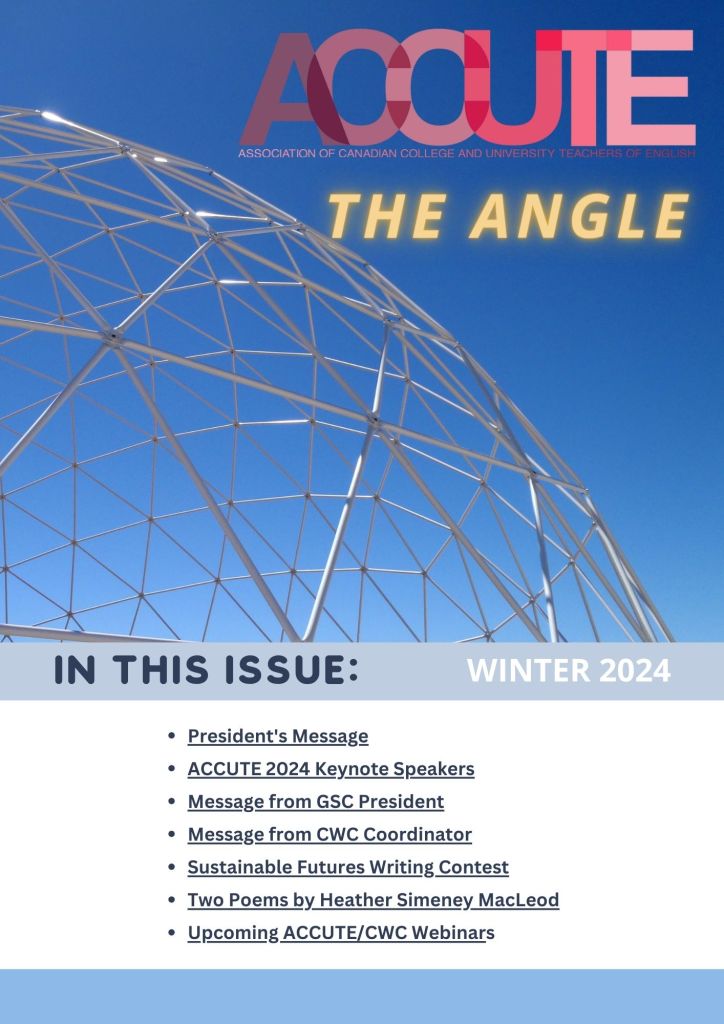Here’s the blurb for English Professor Ajay Heble’s public lecture at McMaster University, January 24th, 2013.
As a teacher of literature, I’m often called upon to account for what I do: just why do I “profess” literature, why does a study of literary texts matter? In this talk, I’ll suggest, by way of the principles articulated in the recently concluded UN Decade of Human Rights Education, and drawing on the community-based class projects initiated by my students, that our pedagogical activities matter because they are connected in complex and important ways to issues of resources, power, and public interest. They matter because they can enable new knowledges and opportunities. Given the massive human rights violations and barbarous abuses of power that continue unchecked despite the ratification of various international treaties and covenants, it is, I believe, our ethical responsibility as educators to articulate principled arguments about our commitment to advancing new forms of social mobilization, new (and more just) ways of understanding, new (and more just) ways of participating in a world of human responsibility. In this context, the central argument I’d like to make is this: for education to be a purposeful site for critical activism, one of our key challenges, as university-level teachers and learners, will be to create structures in our classrooms (as well as within the larger institutions in which we work) that encourage broader forms of community-engaged learning.
So what does it mean, for us as teachers and learners, to reach outside the walls of the classroom, as it has traditionally been defined? Part of what’s at stake, I’ll argue, is the need to produce new criteria of judgment and response (new grading mechanisms, new structures of reward and placement), as well as a broadening of our sense of intellectual purpose. In short, the kinds of community-based learning I’m arguing for will mean thinking radically anew about what we do in the classroom, and how and why we do it. This notion of reaching beyond the classroom must occupy a central place in any serious attempt to reflect on what it means to make teaching and learning more socially and ethically responsible.
http://www.mcmaster.ca/presidentsoffice/events/lectures.html
Categories: English Matters



